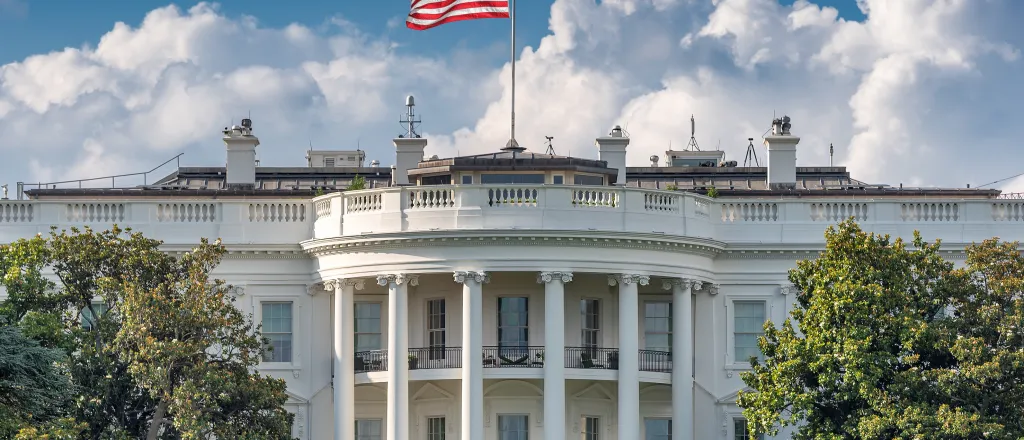
Debt ceiling talks ongoing despite differences on work requirements
(The Center Square) – President Joe Biden and U.S. House Speaker Kevin McCarthy both struck an optimistic tone Wednesday about debt limit negotiations despite differences on requiring people who participate in some federal assistance programs to find work.
"We had a productive meeting yesterday with all four leaders in the Congress. It was civil and respectful and everyone came to the meeting, I think, in good faith," Biden said. "I'm confident that we'll get the agreement on the budget, that America will not default. And every leader in the room understands the consequences if we fail to pay our bills and it would be catastrophic for the American economy and the American people if we didn't pay our bills."
Biden continued: "To be clear, this negotiation is about the outlines of what the budget will look like, not about whether or not we are going to in fact pay our debts. The leaders all agree we will not default. Every leader has said that."
Biden said he and McCarthy narrowed the negotiating group. That group met last night and is set to meet again Wednesday. The president said he would be in "constant contact" with his team while attending the Group of Seven leaders' summit this week in Hiroshima, Japan. The G7 countries are Canada, France, Germany, Italy, Japan, the United Kingdom and the United States. The summit is held yearly for the leaders of the member states to discuss global issues.
McCarthy, R-Calif., said that while he's glad Biden has agreed to negotiate, time is running short.
"It's not a revenue problem, it's a spending problem," U.S. House Speaker Kevin McCarthy, R-Calif., said at a news conference Wednesday.
"The difficult part here is the timeline," he said. "This is the worst way to govern."
U.S. Treasury Secretary Janet Yellen previously said lawmakers must raise the debt ceiling by June 1 or risk a default on U.S. debt obligations. When exactly the U.S. will run out of money remains uncertain. On Tuesday, Yellen said, "it is impossible to predict with certainty the exact date when Treasury will be unable to pay all of the government's bills." The debt ceiling is the maximum amount of debt the U.S. Department of the Treasury can issue.
During his news conference, Biden said he would not accept anything of consequence on work requirements for government insurance programs such as Medicaid, which provides health coverage to low-income people.
"I'm not going to accept any work requirements that's going to impact on the medical health needs of people," Biden said. "I'm not going to accept any work requirements that go much beyond what is already [there]. I voted years ago for the work requirements that already exist. It's possible there could be a few others, but not anything of any consequence."
McCarthy and Republicans responded to the last part of that comment with laughter.
"This is a Senator who voted for work requirements," McCarthy said laughing. "Listen, I think when you are sitting in the room and listening to the American public, why wouldn't he want to help get people out of poverty?"
The proposed work requirements would apply to able-bodied adults without dependents.
House Republicans passed a bill to reduce spending by $4.8 trillion and increase the debt limit by about $1.5 trillion, or until March 31, 2024, whichever comes first. The Republican bill would strip energy and environmental tax credits from the Inflation Reduction Act and formally block Biden’s student loan cancellation. It also would put work requirements in place for some federal social programs, such as requiring Medicaid recipients to work 80 hours per month.
The Limit, Save, Grow Act would return total discretionary spending to the fiscal year 2022 level in fiscal year 2024 and cap annual growth at 1 percent for 10 years, according to the Committee for a Responsible Federal Budget. The Congressional Budget Office has estimated that the measure would reduce budget deficits "by about $4.8 trillion over the 2023–2033 period."







